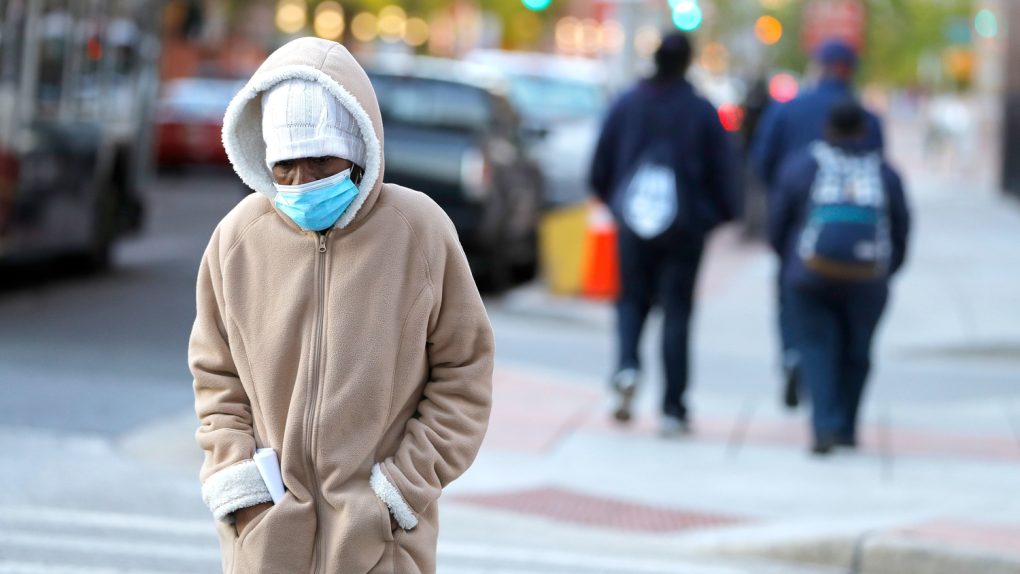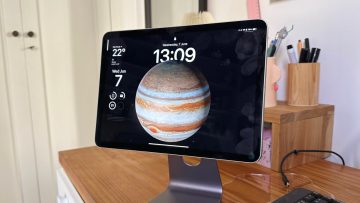- The World Health Organization kicked up a firestorm on Monday regarding the coronavirus, and specifically, how it’s transmitted — with the WHO asymptomatic spread comments causing some people to wonder if we’ve overreacted to COVID-19.
- One WHO official said the asymptomatic spread of the virus is “very rare,” which implied that the coronavirus lockdowns may have been a too-dramatic response to the virus.
- Probably the only thing we can say definitively on this at the moment is that the WHO’s messaging has been sub-par.
by World Health Organization officials from the UN’s Geneva headquarters looked like a rather academic affair — almost stuffy, even, comprised of a dry rundown of some of the latest insights about the novel coronavirus from the international health body. Nevertheless, the update sent Twitter into a meltdown, left many epidemiologists scratching their heads and academics searching in vain for underlying data and the general public confused, wondering whether the “experts” were wrong yet again about COVID-19.
At issue is the WHO’s declaration during its briefing Monday that asymptomatic spread of the coronavirus is now considered “very rare.” As my colleague Jacob Siegal noted, assuming this is correct it may fundamentally change the way we approach the virus and reopening going forward. That’s because this was one of the motivations behind the coronavirus lockdowns — the very damaging, economically catastrophic lockdowns, that have thrown tens of millions of Americans out of work. We don’t know who might have the virus, the thinking went, so because people might be asymptomatic we can’t take any chances when it comes to being around each other. So does Monday’s news upend all that?
As with anything related to the coronavirus, the answer to that depends entirely on who you ask.
First, let’s take a look at what the WHO said Monday along these lines. Dr. Maria Van Kerkhove, who heads up the WHO’s emerging diseases and zoonosis unit, explained that the so-called asymptomatic spread of the virus doesn’t seem to be the main way it’s been transmitted.
“From the data we have, it still seems to be rare that an asymptomatic person actually transmits onward to a secondary individual,” she said. “It’s very rare.”
That one simple pronouncement set off a firestorm. Conservative Twitter erupted, for example — if asymptomatic people are not a threat, then what was the point of the lockdowns, one line of argument goes. Wasn’t it because we were afraid of catching the virus from people who had it but didn’t know it?
The wording here is unfortunate, because it actually conflates more than one group of people not presenting any symptoms — it includes people who can more accurately be described as never-symptomatic (which is what the WHO seemed to be referring to yesterday) and pre-symptomatic (a group of people who very much can spread the virus). Ashish Jha, incoming dean at the Brown School of Public Health, makes this point in the following Twitter thread:
This from @WHO is getting a lot of attention and creating confusion.
I want to quickly share what I understand about this.
Bottom line question:
Are infected people without symptoms an important cause of spread?
My best guess: yes.
A thread https://t.co/NnLpf7kTVh
— Ashish K. Jha, MD, MPH (@ashishkjha) June 8, 2020
In April, meanwhile, the US Centers for Disease Control and Prevention reported on the “potential for presymptomatic transmission” as a reason that social-distancing restrictions need to be maintained. “To control the pandemic, it might not be enough for only persons with symptoms to limit their contact with others because persons without symptoms might transmit infection,” the CDC noted.
Andy Slavitt, former Acting Administrator of the Centers for Medicare and Medicaid Services under President Obama, weighed in after the WHO event yesterday, slamming the organization big-time for being misleading here and unnecessarily confusing people.
-pre symptomatic is when a lot of virus shedding happens (as they said)
-can’t tell pre symptomatic from asymptomatic ppl
-they refined the use of “very rare” to mean they were just talking about one set of non reviewed data
-meanwhile humans interpret very rare to mean VERY RARE— Andy Slavitt 🇺🇸💉 (@ASlavitt) June 9, 2020
He added that “much much more humility & care should be expected from WHO. In the meantime if I were a reporter I would never source them until I fact check them.” Is your head still spinning over what to make of all this? Good, because mine is, too.
Bottom line: here’s what I think all of the above shows. In the absence of data proving otherwise, don’t ascribe omniscience to the experts merely because they’re experts — at least when it comes to the novel coronavirus, because everyone is still learning about this thing in real-time.








